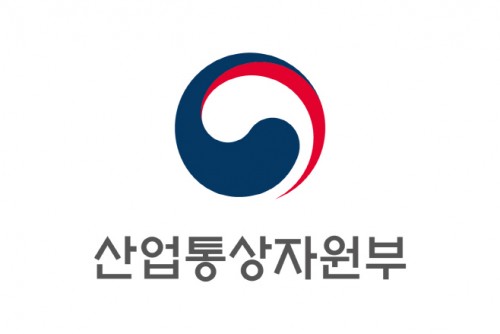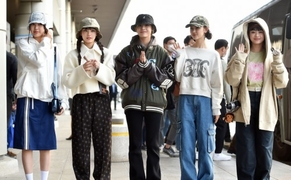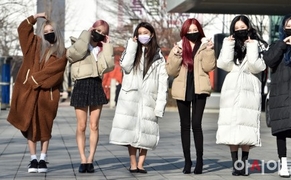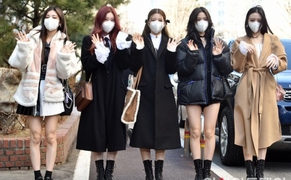 |
By AsiaToday reporter Kim Byeong-hoon
The South Korean government on Monday announced the revised notification plan of ‘export control of strategic materials’, which excludes Japan from its whitelist of trusted export partners. Experts say the move was a countermeasure against Japan, who did not withdraw its economic retaliation despite Seoul’s appeasement policy.
Trade, Industry and Energy Minister Sung Yun-mo told a press briefing that Seoul will divide its previous list of preferred trading partners into two groups – the first involving existing trusted export partners and the second group involving Japan that is removed from the whitelist.
As a result, Korea will have 28 countries on the list of countries subject to preferential export procedures, which are all members of four multilateral export control regimes – Wassenaar Arrangement (WA), Nuclear Suppliers Group (NSG), Australia Group (AG), and Missile Technology Control Regime (MTCR).
The export control level for the countries in the second group of the top-tier category will, in principle, be applied the level of the lower-tier group that are not participating in the four international export agreements. However, some application documents for case-by-case approval and strategic material brokerage permits will be exempted.
Initially, countries listed in the top-tier group are subject to user comprehensive export approval from the government whereas those in the lower group case-by-case approval. North Korea – restricted to re-exports through third countries – and China belong to the lower-tier group.
The government will grant special “comprehensive approval” in only exceptional cases to countries in the second of the top-tier category, which otherwise is given to all countries in the first group under compliance program (CP).
Under the revision, local companies shipping strategic goods to Japan will have to submit five different documents to secure case-by-case approval, from the current three. The approval process will also increase to around 15 days, longer than the current five.
The revision is expected to go into effect in September after 20 days of gathering public opinion and holding regulatory and legislative reviews.
#South Korea #whitelist #Japan
Copyright by Asiatoday
Most Read
-
1
-
2
-
3
-
4
-
5
-
6
-
7





















